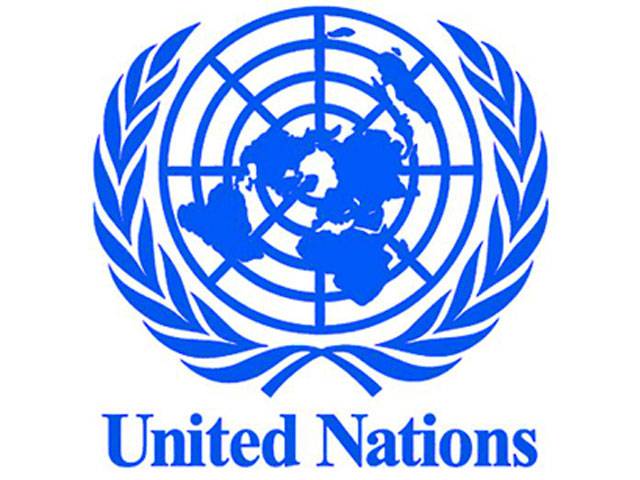UNITED NATIONS - The top UN human rights body Tuesday voiced regret at Israel’s decision not to participate in the scheduled review of its human rights record, and called on the Jewish state to resume its cooperation with the mechanism set up for this purpose.
The Geneva-based UN Human Rights Council’s Universal Periodic Review subjects each country’s human rights record to a State-led peer review on the basis of information submitted by the country concerned, UN entities, civil society and other stakeholders.
On Tuesday, Israel became the first country not to show up for its review, which is part of a two-week session the Council is currently holding in Geneva during which 14 States are having their human rights records examined.
Representatives of the 14 countries are scheduled to come before the Working Group, which comprises the entire membership of the 47-member Council, to present efforts they have made in fulfilling their human rights obligations and commitments, assessing both positive developments and identifying challenges.
In the face of Israel’s absence, the Council took a decision by consensus “regretting the decision of Israel, the State under review, not to participate in the Universal Periodic Review at the scheduled date…”
It also decided to reschedule its examination of the country to later this year, at the 17th session of the Working Group of the Universal Periodic Review of October-November at the latest.
In addition, the Council called on Israel to resume its cooperation with the Universal Periodic Review mechanism, which has enjoyed 100 per cent participation from States since it began nearly five years ago.
The decision called on the President of the Council, Ambassador Remigiusz A. Henczel of Poland, to “take all appropriate steps” to encourage Israel to resume its cooperation and requested him to report back to the Council on his efforts in this regard.
“When my final report is considered, the Council will consider any steps that might be deemed appropriate under the relevant General Assembly and Human Rights Council resolutions,” said Henczel.
He added that today’s decision would serve as “a precedent to be applied in all similar circumstances of non-cooperation in the future.”
The other countries being reviewed during the Working Group’s current session, which concludes on Feb 1, are France, Tonga, Romania, Mali, Botswana, Bahamas, Burundi, Luxembourg, Barbados, Montenegro, the United Arab Emirates, Liechtenstein and Serbia.
AFP Add: Britain called for a “proportionate and balanced conclusion”, while the Irish representative for the EU urged a “consensual” way forward. The Pakistani representative meanwhile implicitly criticised those urging a soft reaction. “We wonder ... whether this kind of cooperative spirit would be extended to some other countries that are not as close to some of the major powers in the world,” he said.
Despite the range of opinions, the council in the end adopted Henczel’s proposal by consensus.
Israel has long accused the Human Rights Council of singling it out, noting that it is the only country to have a specific agenda item dedicated to it at every meeting of the council, and that the body has passed an inordinate number of resolutions against it. On Tuesday, a coalition of 15 Israeli and Palestinian organisations warned of “the far-reaching consequences” of Israel’s no-show.
Saturday, April 20, 2024
UN rues Israel human rights review snub

Policitising Tragedy
April 20, 2024
Tehran to Rafah
April 20, 2024
A New Leaf
April 20, 2024
A Tense Neighbourhood
April 19, 2024
Dubai Underwater
April 19, 2024
Dangers of Deepfakes
April 20, 2024
Feudalism
April 20, 2024
Kite tragedy
April 19, 2024
Discipline dilemma
April 19, 2024
Urgent plea
April 19, 2024
ePaper - Nawaiwaqt
Advertisement
Nawaiwaqt Group | Copyright © 2024





